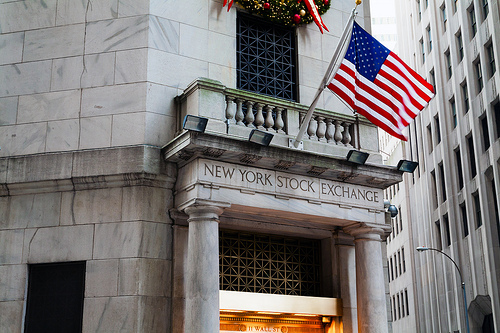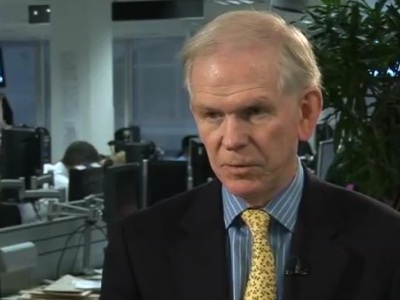Recently, I thought to myself: “This market is fairly valued.” Does that mean that I think the market will crash? No. Does that mean that I think that we are in a bubble? Not yet.
All it meant to me was that market prices seemed fair, not cheap as they have been since 2009. Don’t get me wrong, there are bargains out there, just like in any market, but you have to dig harder to find them.
More to the point, the rationale for buying stocks has switched from them being “cheap” to stocks being cheap relative to other assets–or cheap relative to what people may be willing to pay in the future. Big difference, even though it is subtle.
In the late 1990s, the S&P 500 was trading at around 27 times earnings and then 10 year treasury was around 7%. I believe that in 2008 when the market peaked the last time, the 10 year treasury was at 5% and the market peaked at 18 times earnings.
Now the 10 year treasury is under 3% and the S&P 500 is trading at about 18 times earnings, according to the Wall Street Journal. So I do not think that we are in a bubble by any means. In addition, I believe that the Fed and the White House would like nothing more than to cause one.
So this market could have a long way to go. David Tepper, the famed hedge fund manager seems to think that we should be trading at 18-20x earnings in this environment.
So the question really doesn’t have as much to do with valuation as it does with our government and the Federal Reserve. If they keep printing money and they keep making it unattractive to do anything but add to risk assets, then people will continue to add to risk assets and the market can go higher.
In a way, I compare this moment that I had to Alan Greenspan’s comments that we were entering a period of “irrational exuberance.” He was right, but the next two year in the market produced massive gains.
At this juncture, I believe that it is important to increase the percentage of cash in one’s portfolio and also to be more selective. On the other hand, it is also important to scale out of positions rather than dumping entire positions when things seem to get ahead of themselves.
DISCLAIMER: The information in this material is not intended to be personalized financial advice and should not be solely relied on for making financial decisions. Past performance does not guarantee future results.




